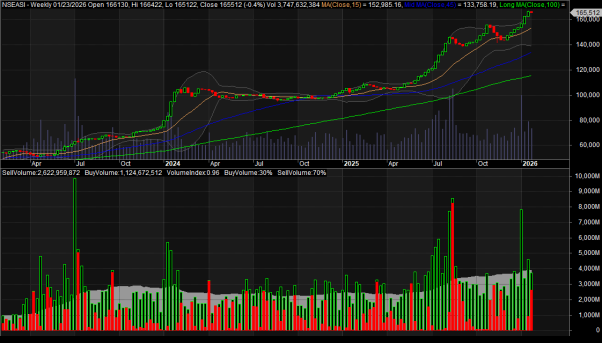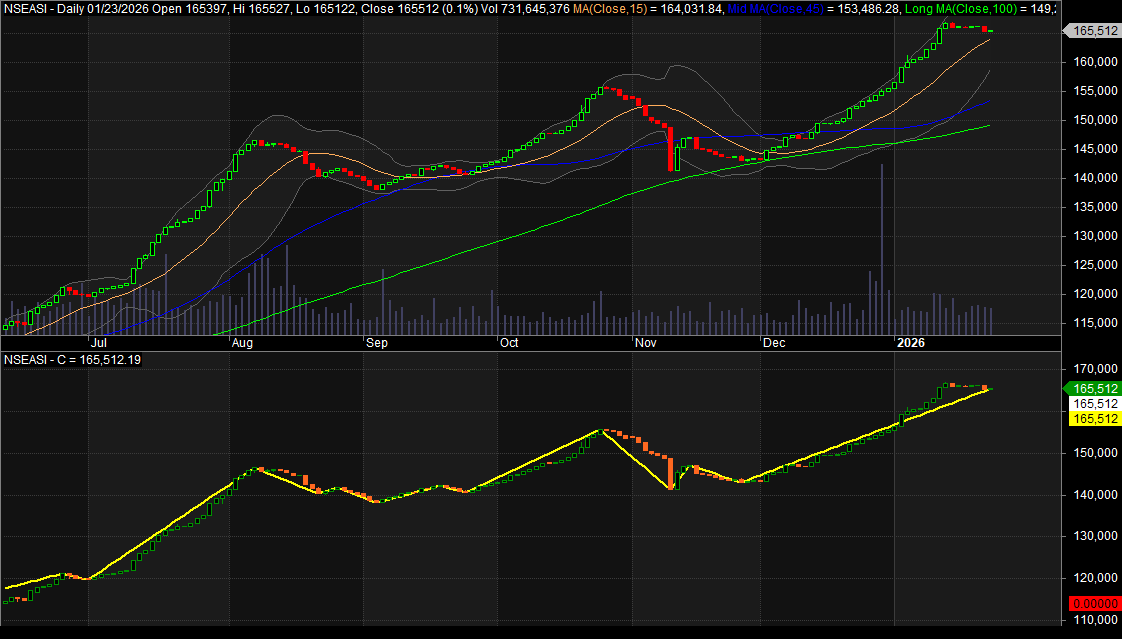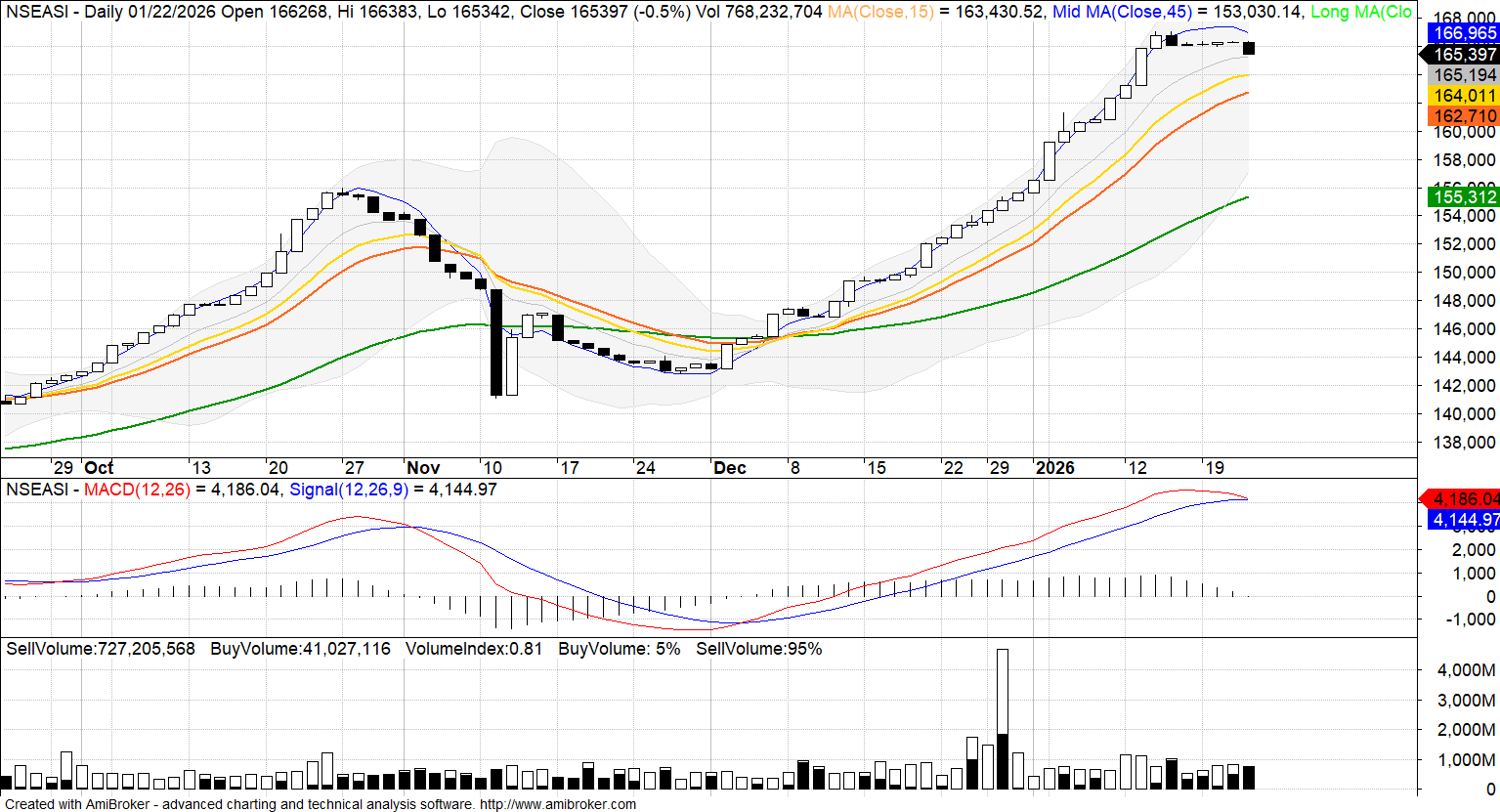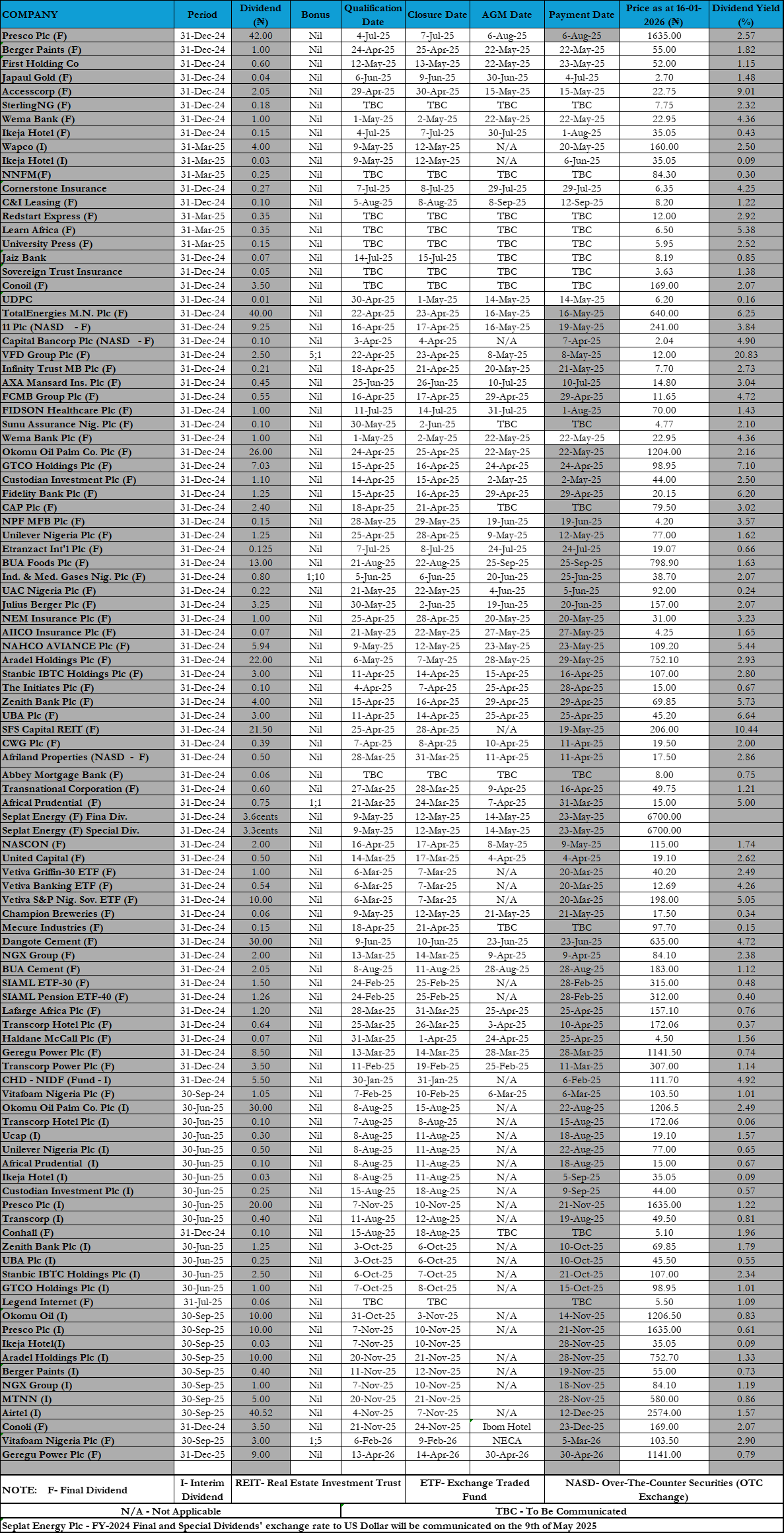
Latest data by Nigeria’s National Bureau of Statistics (NBS) released on Tuesday, November 27, 2018, showed that the 36 state governments increased cumulative internally generated revenue by N125.6bn, or 27.68% in the first half of 2018.
According to the figures, a total of N579.4bn was generated in the review period, compared to N453.8bn in the corresponding period of 2017, with the lion’s share of 60% earnings coming from workers’ income tax (Pay-As-You-Earn).
In total, the report continued, the various state government Ministries, Department and Agencies (MDAs) together accounted for 18% of total revenue.
While N280.835bn was generated in the first quarter of the year, the remainder N263.343bn flowed between April and June.
In all, 28 states recorded varying levels of growth in IGR, while eight: Abia, Anambra, Benue, Taraba, Kebbi, Kwara, Ebonyi and Enugu, recorded a decline.
In the half-year, total revenue from PAYE stood at N352.509bn; while MDAs grossed N104.972bn; other taxes N84.033bn; road tax, N11.681bn; and direct assessment, N26.293bn.
The states however received N1.229tr as net allocations from the Federation Accounts Allocation Committee (FAAC) disbursements for the period, bringing total revenue available to the 36 states to N1.738tr. Total IGR to Net FAAC Allocation for the half year also stood at 47.13%.
The states, the NBS continued, maintained total external debt of $4.125bn; and gross domestic debt of N3.383tr.
Lagos State, Nigeria’s commercial and economic centre recorded the biggest chunk of total IGR at N196.395bn, or 33.89% of total, representing a 16.88% increase over the previous half-year’s N168.025bn. A total net federal allocation of N59.517bn from its total revenue for the period to N255.912bn, or 14.72% of total; just as total debt stood at N517.367bn, representing 15.29% of total; and external debt, $1.451637bn, or 34.42% of total.
Kano State recorded 67.04% IGR growth, the highest, from N11.107bn to N18.554bn, following which total revenue available came to N58.435bn. Total domestic debt was recorded at N95.42bn and external debt, $65.47m; Kaduna State followed, growing its IGR by 66.07% from N9.637bn in the 2017half year to N16.004bn, receiving N32.861bn in FAAC allocation, which brought its total available revenue to N48.865bn, as against a domestic debt of N75.606bn and external debt, $232.965m.
Imo recorded 65.86% IGR growth from N4.227bn to N7.012bn, at a time total external debt was $61.277m and domestic debt, N85.432bn. Akwa Ibom followed, growing half-year IGR by 61.5% from N7.326bn to N11.832bn in the period, just as its net FAAC Allocation of N100.201bn, brought total revenue available between January and June 2018, to N112.033bn; while domestic debt was N179.714bn and external debt, $48.385m. It was followed by Bauchi’s 35.2% from N3.407bn to N4.606bn; and Adamawa, 34.1% from N2.367bn in the first half of 2017, to N3.176bn.
Edo could only grow IGR by 6.1% from N13.015bn in the prior half year to N13.808bn; which when added to the N32.882bn net FAAC allocation brought total available revenue to N46.691bn; even as total external debt was $279.029m and domestic debt, N69.004bn.
Cross Rivers State, one of the two with trillion Naira budget could only generate a paltry N9.757bn, which however rose 47.44% from N6.617bn in the corresponding period of 2017; just as total domestic debt was N124.943bn and external, $193.796m
IGR of Bayelsa, another major oil producing states slipped 27.2%; just as Anambra’s IGR dropped by 21.6% from N9.017bn in 2017, to N7.067bn, while it external debt stood at $107.438m and domestic, N2.612bn










